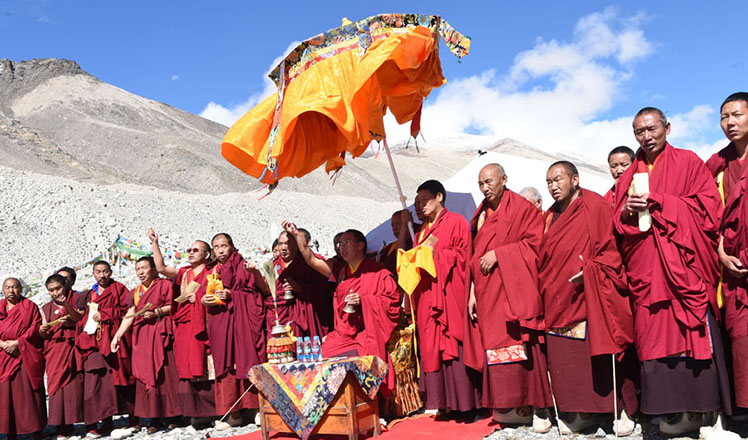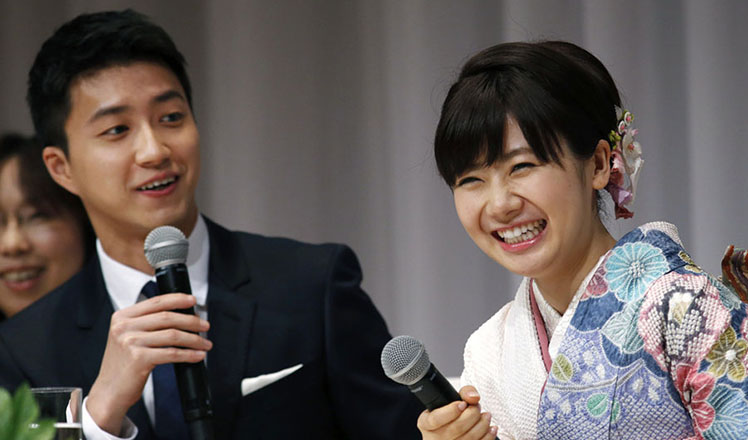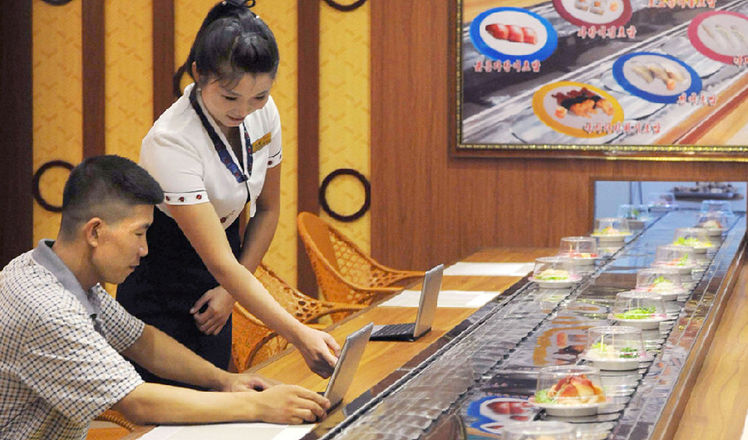Rejection of one-China basis the bane of Taiwan
Updated: 2016-09-26 07:02
(China Daily)
|
||||||||
 |
|
Tsai Ing-wen speaks during a press conference in Taipei, Taiwan, April 15, 2015. [Photo/IC] |
Taiwan's failure to get invited to Tuesday's International Civil Aviation Organization assembly in Montreal, Canada, should not come as a surprise for island leader Tsai Ing-wen and her Democratic Progressive Party administration.
Tsai should have expected this ever since she refused to recognize the 1992 Consensus, which lays out the one-China principle by the island and the Chinese mainland, on May 20, the day she assumed office.
It is easy for Taipei to misread the failure and lay unwarranted blame on Beijing's opposition to the island's participation in international activities. But finger-pointing can neither solve the problem nor eliminate the main reason behind the ICAO's decision to not invite Taiwan this year.
In 2013 when Taiwan's civil aviation authorities were invited to send representatives as non-voting delegates to the ICAO assembly, it was cross-Straits negotiations based on the understanding that both sides adhere to the 1992 Consensus that resulted in a special arrangement. Under the arrangement, Taipei was invited as a special guest of then-ICAO council president Roberto Kobeh Gonzalez because only sovereign states have the right to participate in ICAO within the UN framework.
The DPP's refusal to adhere to the one-China principle, however, has undermined Taiwan's chances of participating in any international activity. Tsai and her administration have underestimated the damage the refusal to adhere to the one-China principle could cause.
Under the leadership of former Taiwan leader Ma Ying-jeou of the KMT between 2008 and 2016, cross-Straits ties had grown stronger, with the inking of dozens of economic deals, closer personnel and cultural exchanges, as well as practical arrangements for Taiwan's participation in some international organizations and activities.
In fact, the DPP administration's refusal to recognize the political basis of one China has already stalled bilateral communication and almost frozen cross-Straits ties since May 20. The suspension of institutional exchanges between top agencies in charge of cross-Straits relations of both sides and the sharp drop in the number of mainland tourists to Taiwan are some of the signs of the tense ties.
In essence, no way can Taipei participate in international organizations by bypassing the one-China principle, whether it is the ICAO assembly or the Asia-Pacific Economic Cooperation meeting scheduled for November in Peru.
Taipei will meet more dead ends if it doesn't fulfill the prerequisites for its participation in world activities. The DPP administration should realize this, reflect on its cross-Straits policy and come up with a practical solution instead of playing the blame game.
- Car-crazy Mexico City celebrates World Carfree Day
- Death toll rises to 52 after migrant boat capsizes off Egypt
- China and US should move forward regardless of election result
- Threat of 'lone wolf' terrorism rises: Aussie PM
- DPRK warns of retaliation against US, ROK
- US fighter jet crashes off coast of Okinawa, Japan: DM

 Li, Trudeau inaugurate 'new annual dialogue'
Li, Trudeau inaugurate 'new annual dialogue'
 Milan Fashion Week: Prada Spring/Summer 2017
Milan Fashion Week: Prada Spring/Summer 2017
 Panchen Lama prayers at foot of Qomolangma
Panchen Lama prayers at foot of Qomolangma
 Ai Fukuhara and her newlywed husband show up in Taiwan
Ai Fukuhara and her newlywed husband show up in Taiwan
 8 things you may not know about Autumn Equinox
8 things you may not know about Autumn Equinox
 Italian sets new record with Ferrari on 'miracle road'
Italian sets new record with Ferrari on 'miracle road'
 Students compete for flight attendant jobs in Sichuan
Students compete for flight attendant jobs in Sichuan
 1st Sushi restaurant opens in DPRK
1st Sushi restaurant opens in DPRK
Most Viewed
Editor's Picks

|

|

|

|

|

|
Today's Top News
Trump outlines anti-terror plan, proposing extreme vetting for immigrants
Phelps puts spotlight on cupping
US launches airstrikes against IS targets in Libya's Sirte
Ministry slams US-Korean THAAD deployment
Two police officers shot at protest in Dallas
Abe's blame game reveals his policies failing to get results
Ending wildlife trafficking must be policy priority in Asia
Effects of supply-side reform take time to be seen
US Weekly

|

|








